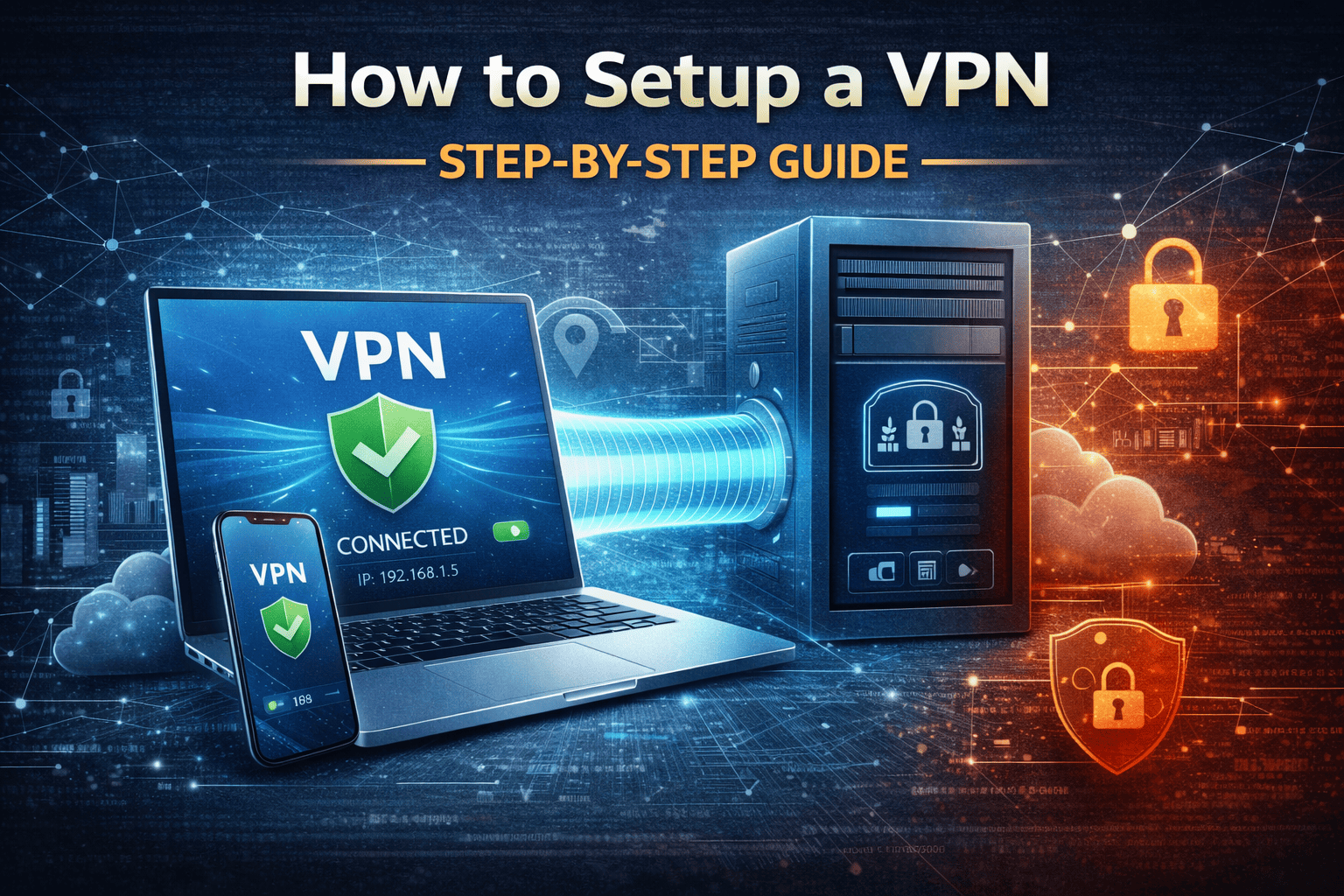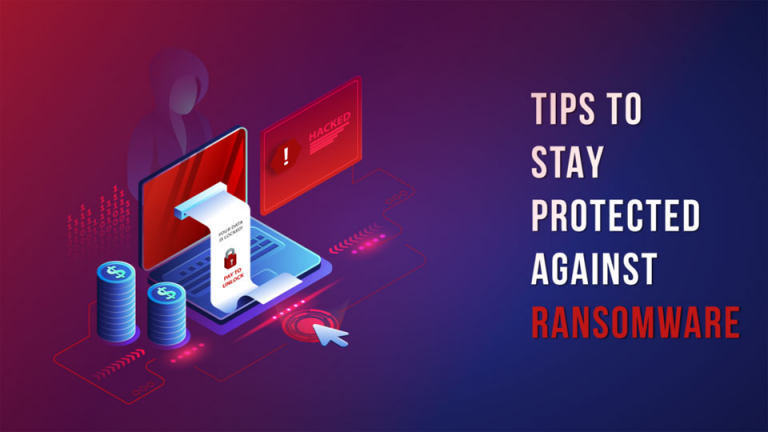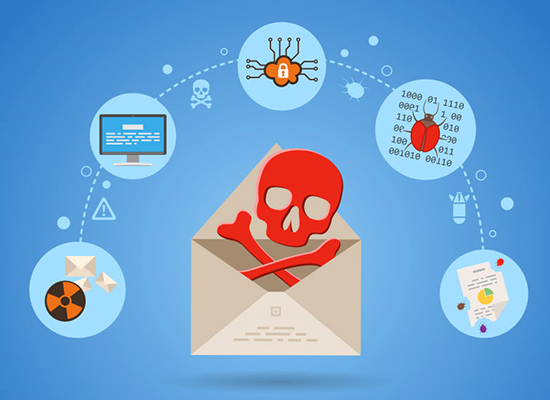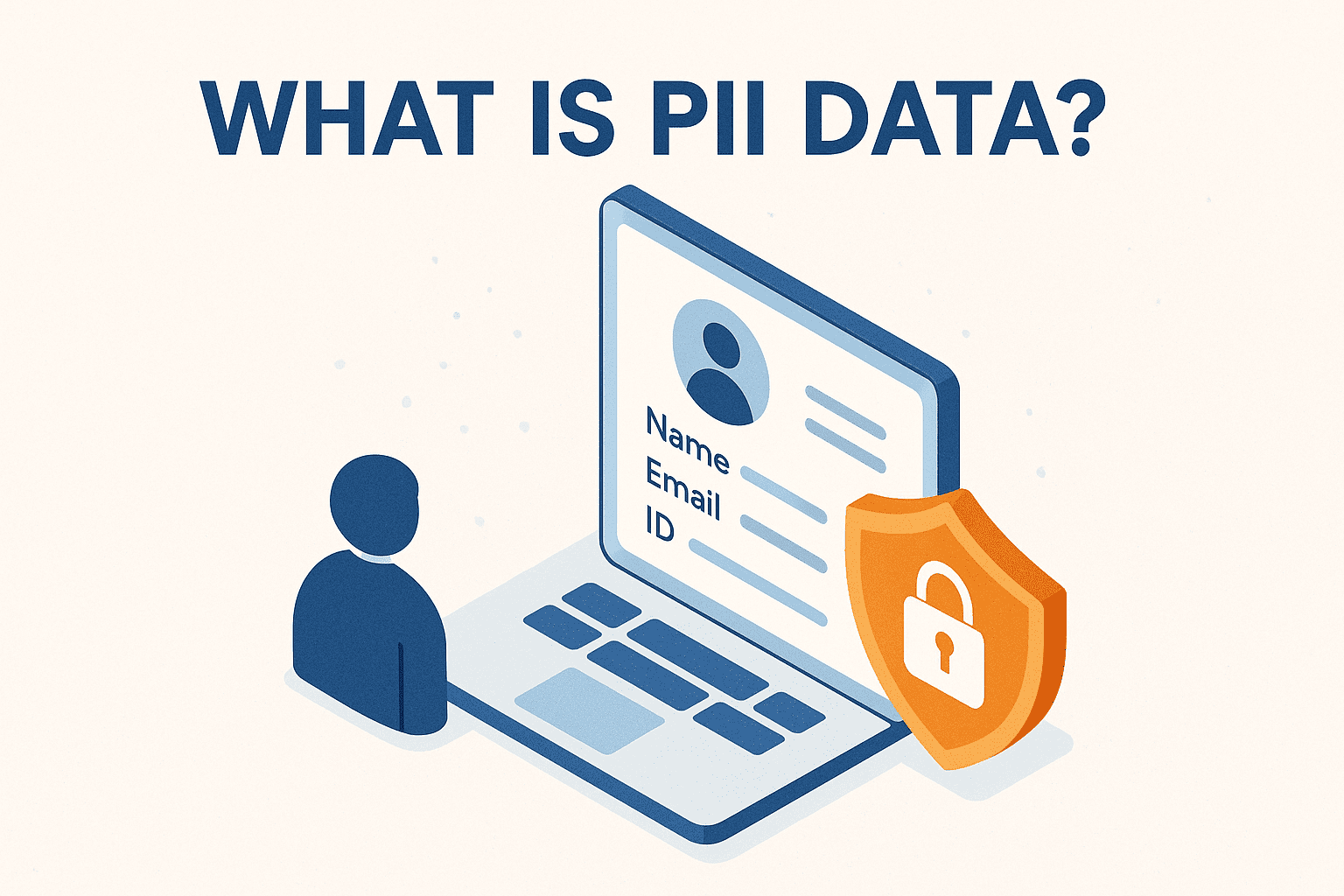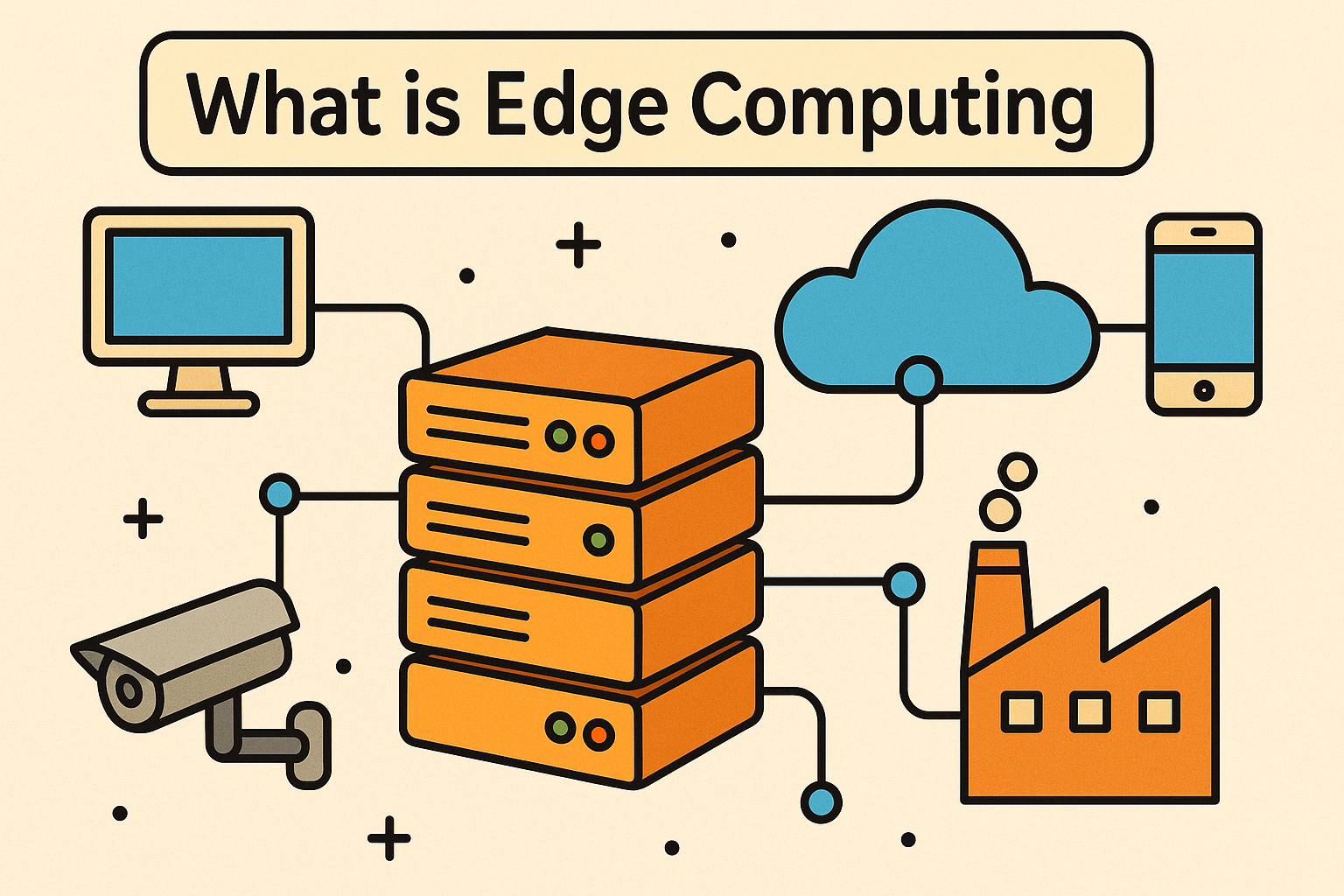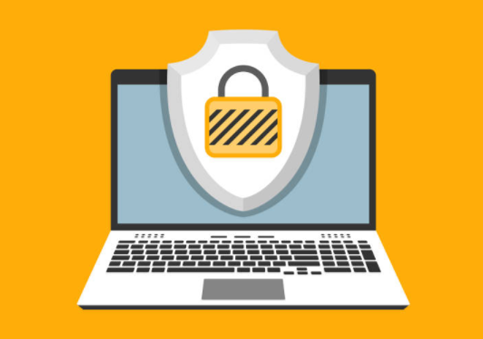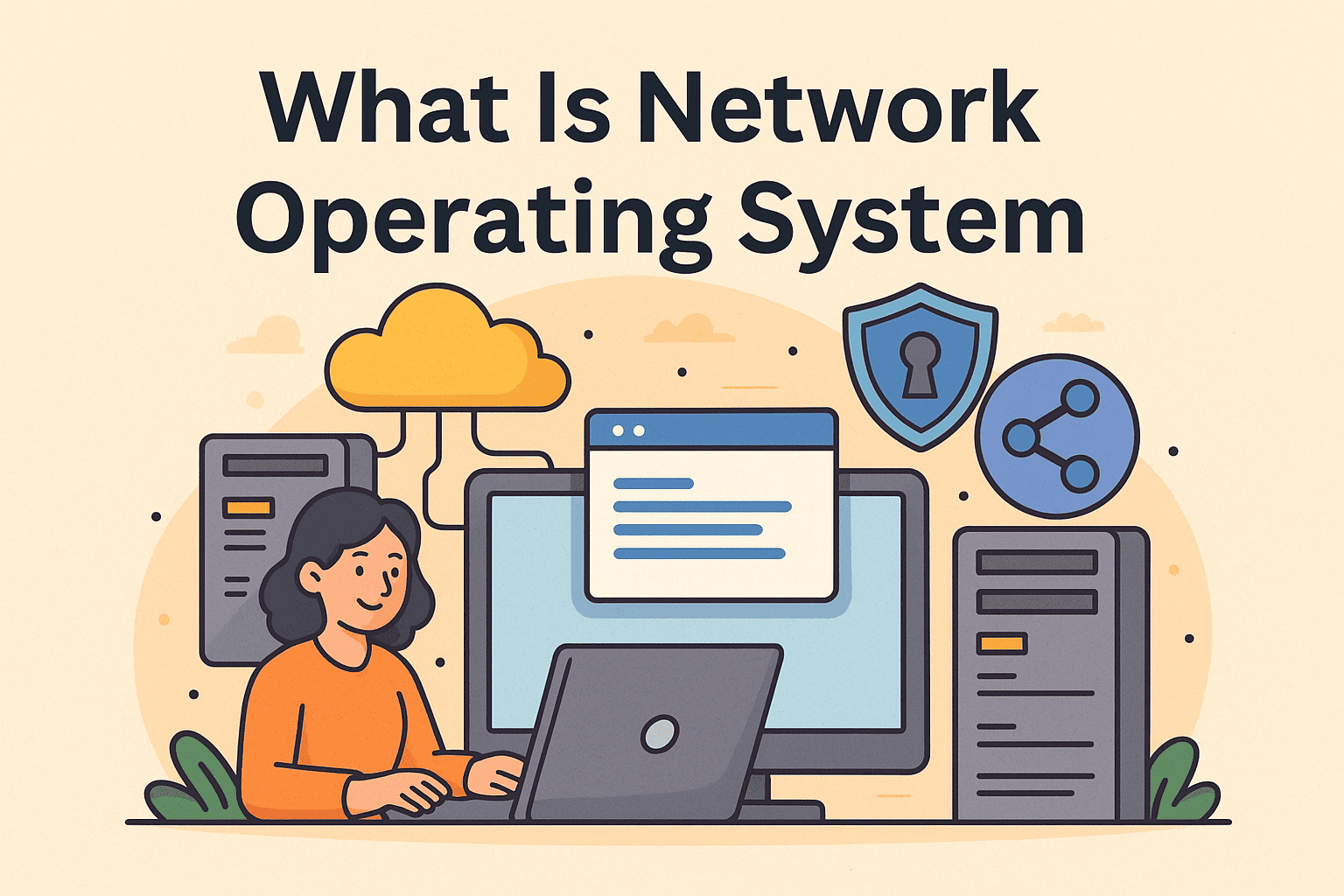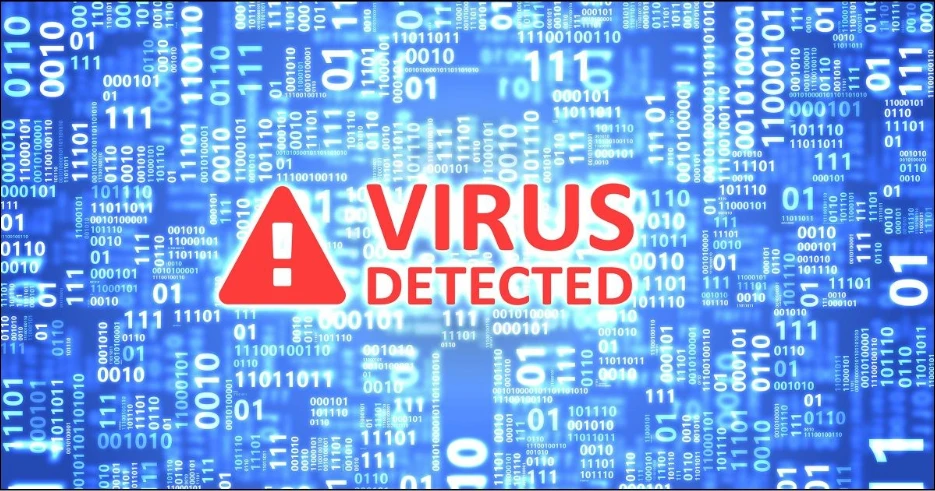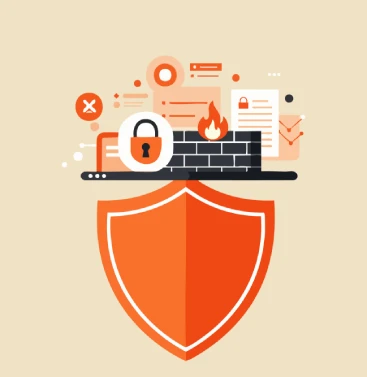Telecom Firms Breached by Chinese Hackers: Activate Proactive Defenses with Xcitium’s Zero Trust Approach
Updated on January 7, 2025, by Xcitium

Recent reports reveal that Chinese hackers have breached more telecom firms than previously disclosed, targeting critical infrastructure and exploiting vulnerabilities in systems. These breaches highlight the sophisticated tactics used by nation-state actors and the urgent need for telecom companies to adopt advanced cybersecurity measures.
Traditional defenses are no match for these threats, particularly when attacks exploit unknown vulnerabilities. Xcitium’s unique approach to Zero Trust ensures that the safety or risk of every file, application, or executable is verified and addressed, stopping threats before they can cause harm. This proactive strategy sets Xcitium apart in addressing the challenges of modern cyberattacks.
Why Telecom Firms Are Prime Targets
Telecom companies are integral to global communication networks, making them high-value targets for cybercriminals and nation-state actors. Key factors include:
- Critical Infrastructure: Telecom networks underpin internet, voice, and data services globally, offering hackers a pathway to disrupt entire regions.
- Sensitive Data: These firms handle vast amounts of customer data, including personal and financial information.
- Broad Attack Surface: With extensive networks and endpoints, telecom systems provide numerous opportunities for attackers to exploit vulnerabilities.
- Supply Chain Risks: Many telecom firms rely on third-party vendors whose systems may introduce additional security gaps.
The Impact of Telecom Breaches
The consequences of breaches in the telecom sector extend far beyond the companies themselves:
- National Security Risks: Nation-state actors could leverage telecom networks for espionage or sabotage.
- Operational Disruption: Compromised networks can lead to service outages, affecting millions of users.
- Financial Losses: Recovery costs, legal fees, and reputational damage for the provider can be devastating.
- Erosion of Trust: Customers and governments may lose confidence in a company’s ability to protect sensitive data.
Moving Beyond Traditional Defenses
Traditional cybersecurity approaches are insufficient in combating sophisticated nation-state attacks. Telecom firms must adopt proactive strategies that go beyond basic defenses to prevent breaches before they occur.
Xcitium’s Unique Approach to Zero Trust
Unlike access-based Zero Trust models that focus on user authentication and authorization, Xcitium’s approach to Zero Trust centers on validating the safety or risk of every file, application, and executable. This approach ensures:
- No Assumptions About Safety: If the safety of a file or executable is unknown, it is treated as potentially dangerous and moved to virtualized execution until verified.
- Proactive Threat Combat: Malicious files are isolated and placed in Xcitium ZeroDwell API virtualization technology where they are executed and diagnosed to prevent access or damage to production systems or networks – without negatively impacting user experience.
- Continuous Validation: Xcitium ensures that threats are neutralized in real time, safeguarding critical telecom systems from both known and unknown threats.
Steps Telecom Firms Can Take to Strengthen Cybersecurity
1. Adopt Proactive Zero Trust
Implement Xcitium’s Unified Zero Trust Platform to ensure every file or executable is safely executed in a virtualized state validated for safety, eliminating gaps in traditional defenses that rely on only addressing known-bad threats.
2. Deploy Real-Time Virtualzied Execution
Use Virtualized Execution technology like Xcitium’s ZeroDwell to neutralize threats at the point of entry, stopping malware and ransomware before they can spread.
3. Enhance Supply Chain Security
Conduct regular assessments of third-party vendors and enforce stringent security requirements across the supply chain.
4. Conduct Regular Security Audits
Frequent audits help identify vulnerabilities and improve overall system resilience.
5. Invest in Employee Training
Train employees to recognize phishing attempts and other attack vectors, reducing the risk of human error.
How Xcitium Protects Telecom Networks
Xcitium’s solutions are tailored to the unique challenges of the telecom industry, offering comprehensive protection against evolving threats:
1. ZeroDwell Technology
Stops threats before they can cause damage, ensuring uninterrupted network and user operations.
2. Proactive Threat Validation
Validates every executable, file, or application to eliminate the risks of unknown threats and assumption-based protection.
3. Scalable Solutions for Complex Networks
Designed to meet the needs of large-scale telecom systems, Xcitium’s solutions provide robust protection without compromising performance.
4. Advanced Analytics and Monitoring
Offers real-time insights and detailed reporting to enhance threat detection and response capabilities.
5. Regulatory Compliance Support
Helps telecom firms meet regulatory requirements while protecting customer data and network integrity.
Conclusion: Securing the Future of Telecom
The revelation of additional telecom breaches underscores the critical need for robust, proactive cybersecurity strategies. Traditional models that rely on assumptions about safety are no longer sufficient.
Xcitium’s Unified Zero Trust Platform and real-time ZeroDwell Virtualized Execution technologies provide the tools telecom firms need to protect against sophisticated threats. By validating the safety of every file, application, and executable, Xcitium ensures comprehensive protection for critical infrastructure, safeguarding operations, customer data, and global communications.
Telecom firms can no longer afford to react to breaches—they must prevent them. With Xcitium, prevention is not only possible but reliable.





